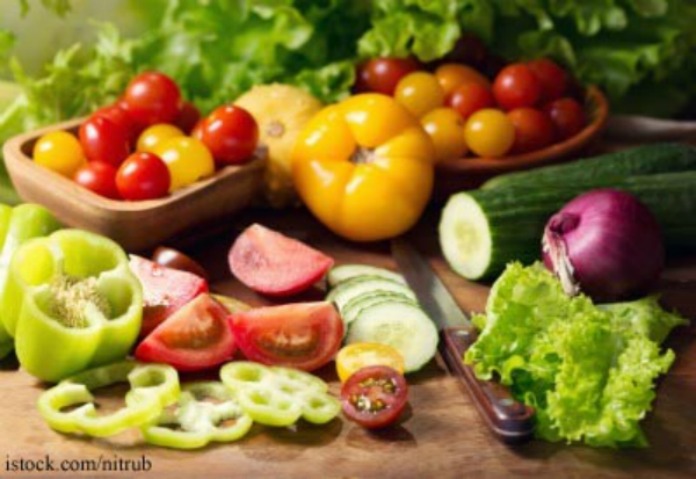Environmental Working Group (EWG) has published their 2020 guide to the Dirty Dozen, which is a list of fruits and vegetables that are likely to have the most pesticide residue. The biggest change is EWG comment on raisins, which were not on the list but were mentioned for the first time. Raisins were tested for the first time since 2007 even though it’s not a fresh food. That food is the dirtiest produce commodity.

Of the 670 samples of conventional raisins analyzed, 99% tested positive for at least two pesticides. On average, each sample was contaminated with more than 13 pesticides. One sample had 26 pesticides. Even some organic raisins were contaminated. The issue with this food is that children under the age of 15 eat 208,000,000 pounds of raisins every year, about half of the raisins consumed in the U.S.
The problem with children consuming pesticides is the affect they can have on their brains and reproduction systems, as well as developing cancer. Pesticide use in early life is linked to pediatric cancers, behavioral problems, and decreased cognitive function.
The list is:
- Strawberries
- Spinach
- Kale
- Nectarines
- Apples
- Grapes
- Peaches
- Cherries
- Pears
- Tomatoes
- Celery
- Potatoes
About 70% of fresh produce sold in this country every year has residue of potentially harmful pesticides. Many of these pesticides still register after the food is washed, peeled, and scrubbed. The USDA cleans the product before testing each item. It’s important to know that the USDA doesn’t test for all pesticides used in crop production, including glyphosate (Roundup), which is the most heavily used pesticide in the country.
Scientists say that people who consume more pesticides have high levels of urinary pesticides and lower fertility.
Peppers are not included in the Dirty Dozen, but they test positive for pesticides that are toxin to the brain. Some of the worst pesticides are acephate, chlorpyrifos, and oxamyl, which are banned from most crops but are still allowed on hot peppers. EWG recommends that you choose organic peppers, and if you can’t, cook the conventionally-grown peppers, which can reduce the pesticide load.




